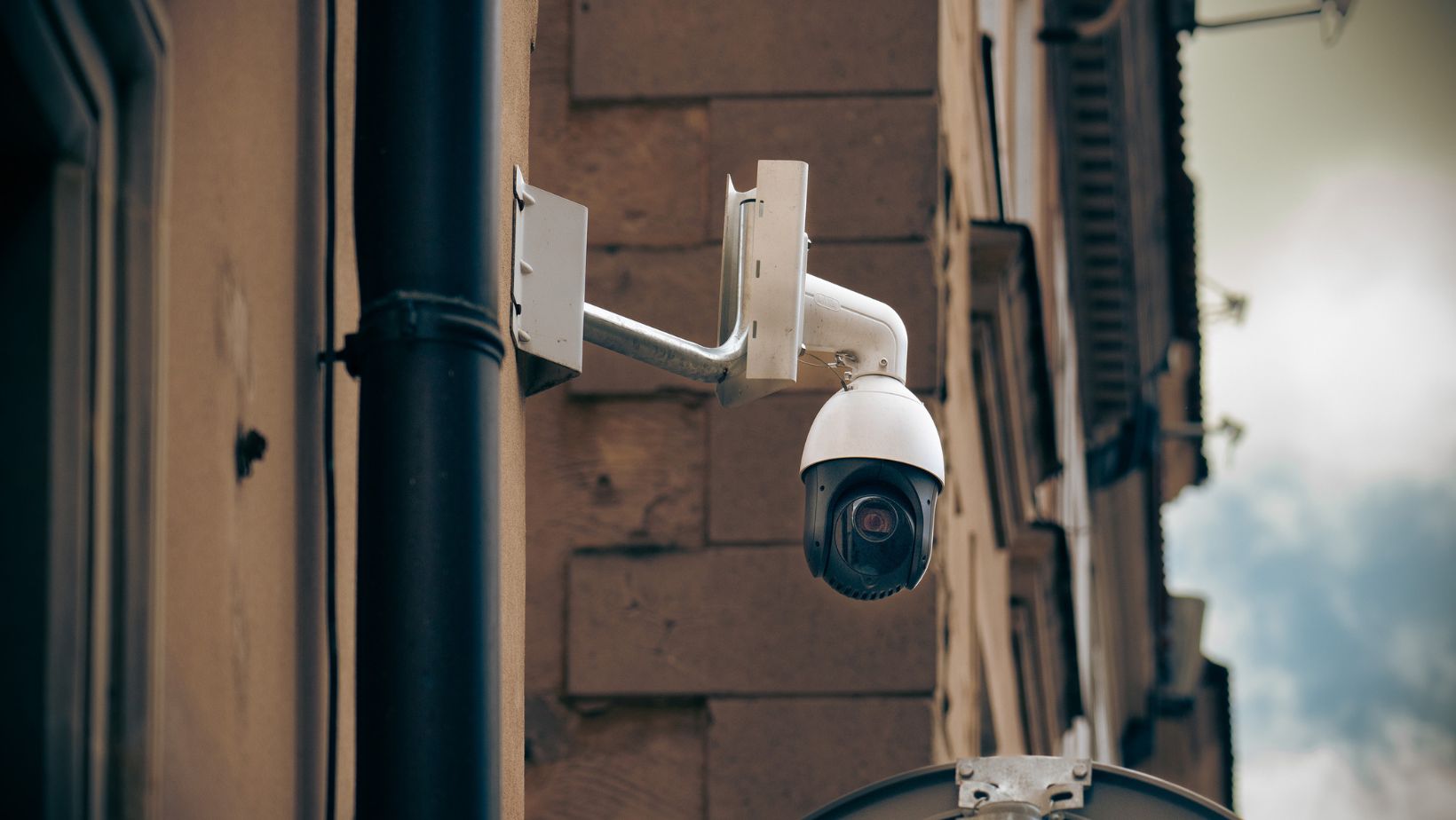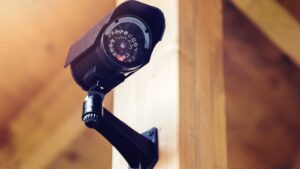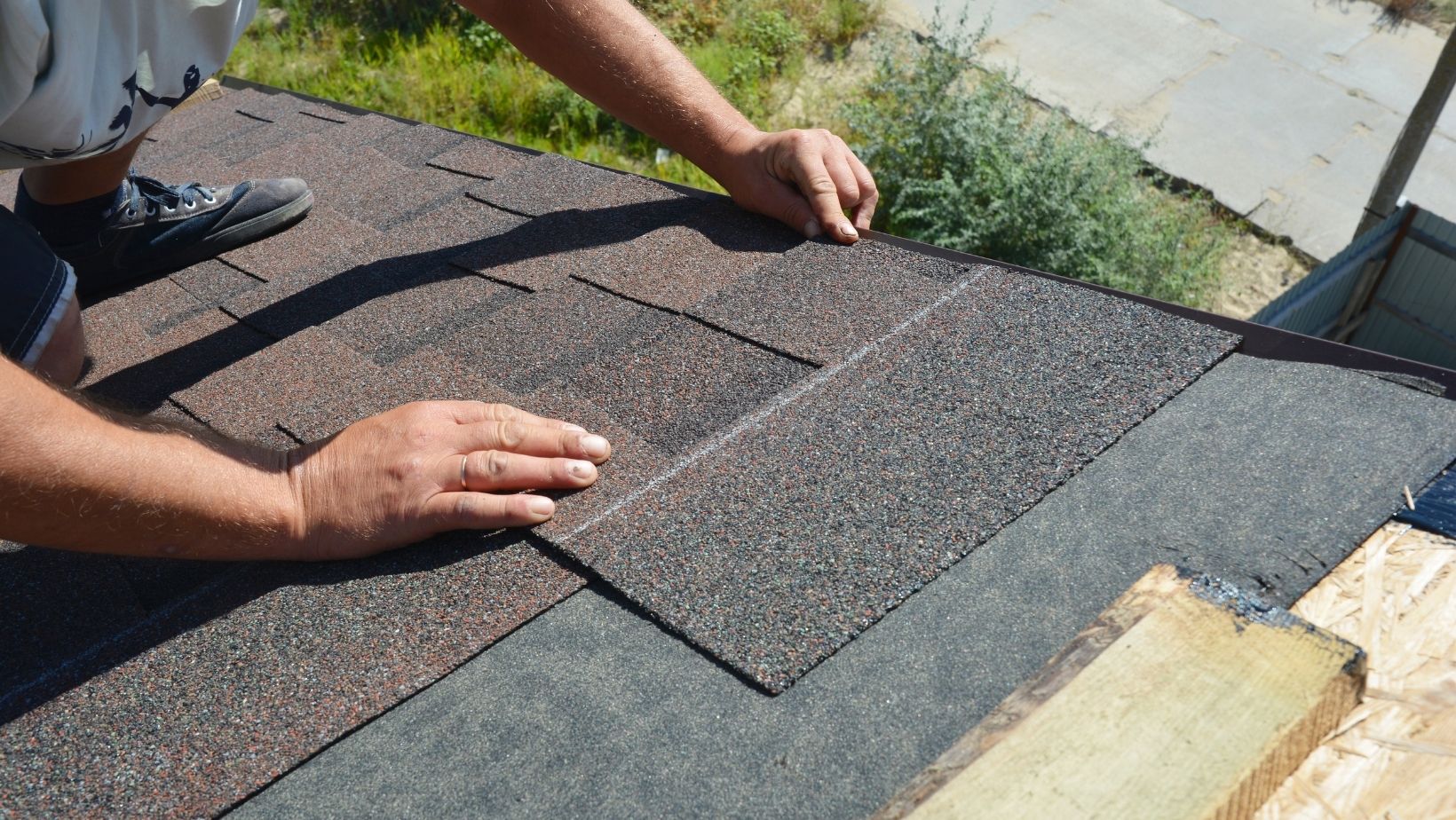Security Cameras: Choosing Between Wired and Wi-Fi Options

Hi, I am Betty Knight, Owner of this site! I…
Contents
ToggleHomeowners today have more choices than ever when it comes to security cameras. Once considered a luxury reserved for businesses or large properties, cameras are now affordable, accessible, and designed to fit into everyday life. Whether it’s keeping an eye on the front door, monitoring a back garden, or checking in while away, the reassurance of a camera system is hard to ignore.
But with choice comes confusion. Should you go for traditional wired security cameras, or opt for the flexibility of Wi-Fi security cameras? Both options have advantages, but they serve different needs. Understanding these differences is the first step toward choosing the proper setup for your home.
Wired security cameras explained
Traditional wired systems are the preferred choice. Every camera has a direct cable connection to a recording device and frequently to a power supply. This configuration is renowned for its dependability and has been used in commercial and residential settings for many years.
One of the biggest strengths of wired security cameras is the consistency of the connection. Since they aren’t dependent on Wi-Fi, they aren’t affected by signal dropouts, slow internet speeds, or interference from other devices. For households that want uninterrupted recording 24/7, wired cameras are the more dependable option.
However, installation can be more complex. Running cables through walls or ceilings requires planning and often professional help, especially in larger homes. This also means that expanding the system later on may involve extra work and costs.
Wi-Fi security cameras explained
Wi-Fi security cameras, on the other hand, have become increasingly popular thanks to their convenience. These cameras connect to your home’s wireless network, eliminating the need for extensive wiring. They can often be installed with minimal effort — sometimes as simple as plugging in the device, connecting it to an app, and mounting it where needed.
Their most significant advantage is flexibility. Want to monitor a new room? You can add another camera without drilling or running cables. Moving house? Simply take the cameras with you. Many Wi-Fi cameras also come with smart features like motion detection, cloud storage, or direct smartphone alerts, making them ideal for modern lifestyles.

The trade-off, however, is dependence on internet strength. Poor Wi-Fi coverage can lead to lag, interruptions, or reduced video quality. Families relying heavily on wireless devices may also notice that cameras compete with other gadgets for bandwidth.
Key differences between wired and Wi-Fi cameras
It helps to compare the two side by side to make the choice easier. The main differences include:
- Installation: Wired cameras require professional setup and planning; Wi-Fi cameras are quick and DIY-friendly.
- Reliability: Wired systems offer stable, uninterrupted connections; Wi-Fi cameras depend on internet strength.
- Flexibility: Wired setups are fixed once installed; Wi-Fi systems are portable and easy to expand.
- Features: Wi-Fi cameras often come with smart integrations; wired cameras focus more on continuous recording.
- Maintenance: Wired cameras need less day-to-day management; Wi-Fi models may require more attention to connectivity and updates.
Which security cameras are right for your home?
In the end, the choice is based on priorities and lifestyle. Wired cameras are a better option if you want a system you can set up once and rely on without worrying about Wi-Fi strength. They work particularly well for larger sites where constant surveillance is necessary.
Wi-Fi cameras, on the other hand, can be a better option if you want a system that is adaptable to your demands. Installing them, growing them, and integrating them with other smart home appliances is simple. Wi-Fi cameras offer the ideal balance between security and convenience for families that want fast access to video on their phones, renters, or frequent movers.
Conclusion
Both wired and Wi-Fi security cameras are helpful in today’s homes. Wired systems excel in reliability and continuous coverage, while Wi-Fi cameras stand out for flexibility and smart features. By weighing the strengths of each, homeowners can find the setup that best suits their property, lifestyle, and peace of mind.
The most important thing is not which type you choose, but that you have a system in place. A reliable set of security cameras, whether wired or wireless, provides an extra layer of safety for the people and places that matter most.
What's Your Reaction?
Hi, I am Betty Knight, Owner of this site! I am a 'nearing 30-year-old', happily married to 1 awesome man. We live in the beautiful tourist town of Franklin NY.



